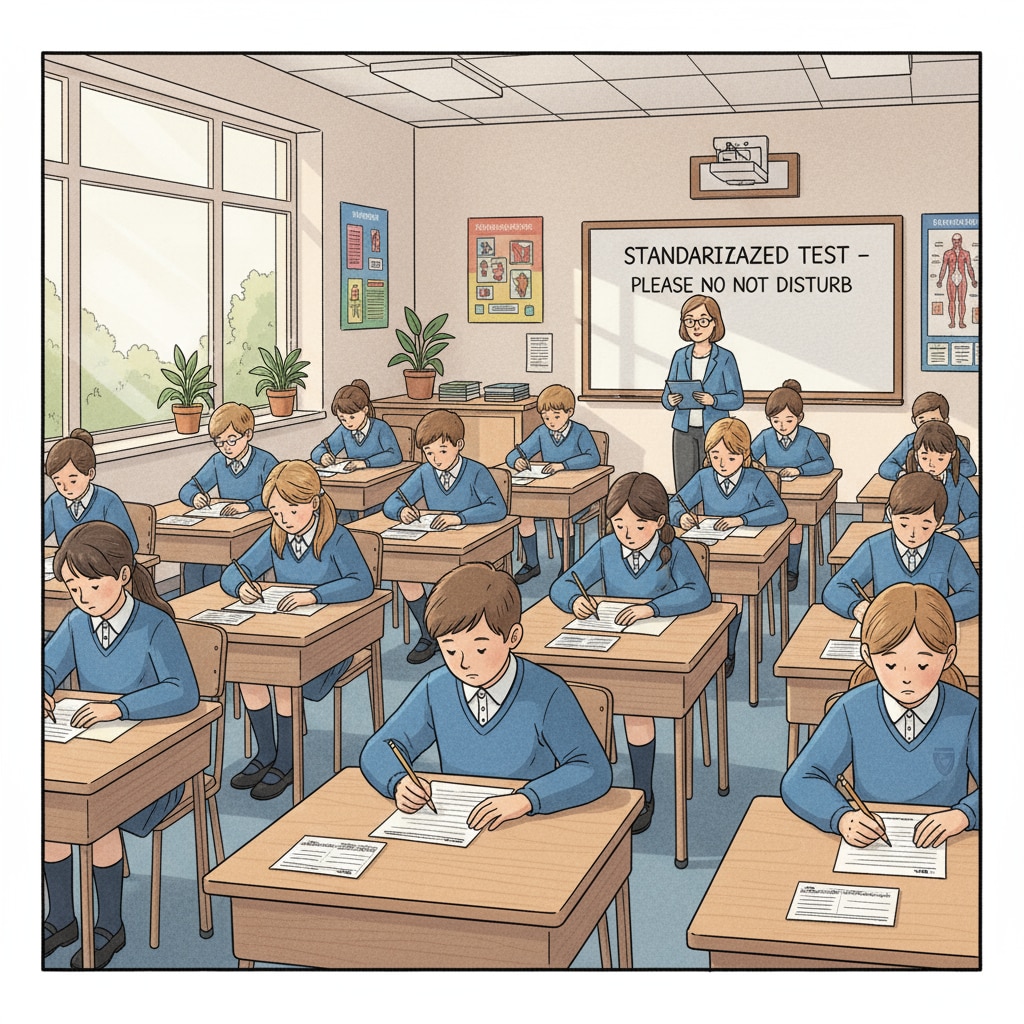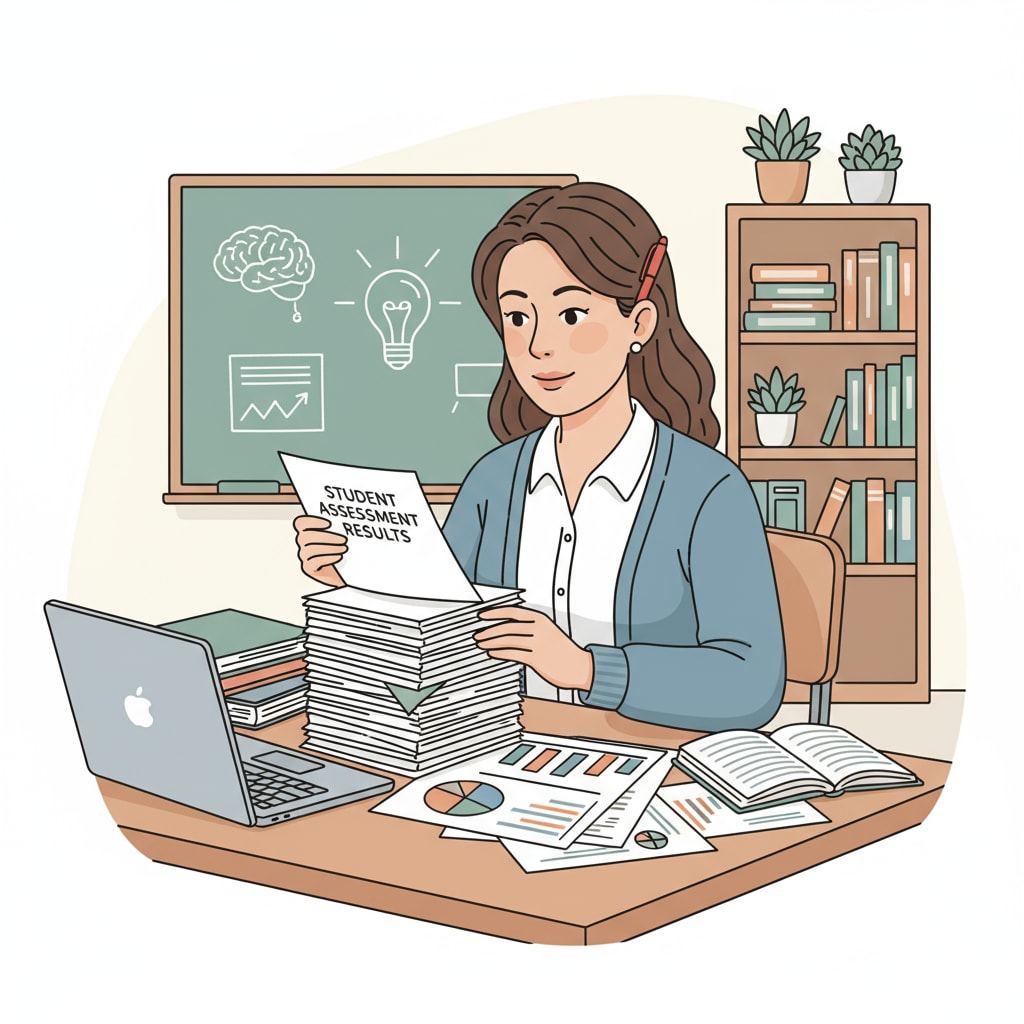In the realm of K12 education, education assessment, student ability measurement, and teaching strategies are intertwined elements that significantly impact the learning journey. Traditional assessment in K12 often relies heavily on standardized tests, presenting a narrow view of students’ capabilities. However, it’s crucial to reevaluate the purpose of these assessments and explore alternative methods for a more accurate and comprehensive understanding of students’ skills and knowledge.
The Limitations of the Current K12 Education Assessment System
The existing K12 education assessment system has several drawbacks. Standardized tests, for example, typically focus on rote memorization and basic skills, neglecting higher-order thinking and creativity. As a result, students with unique talents and learning styles may be overlooked. Moreover, these tests often create a high-stress environment, which can be detrimental to students’ mental health and enthusiasm for learning. Standardized tests on Wikipedia

The True Purpose of Education Assessment
The primary purpose of education assessment should not be merely to assign grades but to facilitate learning. It serves as a tool to identify students’ strengths and weaknesses, enabling educators to tailor teaching strategies accordingly. By understanding what students know and where they struggle, teachers can provide targeted support and create personalized learning experiences. This approach aligns with the principles of student-centered education. Education on Britannica

Alternative assessment methods offer a more holistic view of students’ abilities. Performance-based assessments, such as projects and presentations, allow students to demonstrate their skills in real-world contexts. Portfolio assessments provide a collection of students’ work over time, showing their growth and progress. Additionally, self-assessment and peer assessment encourage students to take ownership of their learning and develop important collaborative skills.
Readability guidance: In this article, we’ve explored the limitations of the current K12 education assessment system, the true purpose of assessment, and alternative methods. By embracing these new approaches, educators can enhance student ability measurement and implement more effective teaching strategies, ultimately improving the quality of education.


